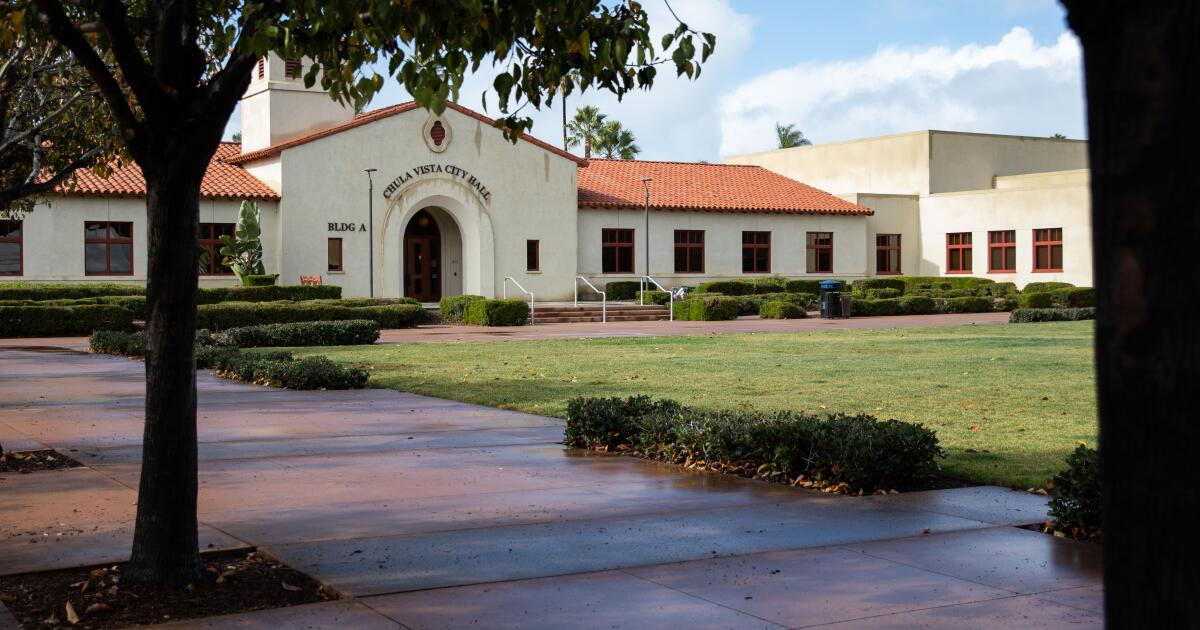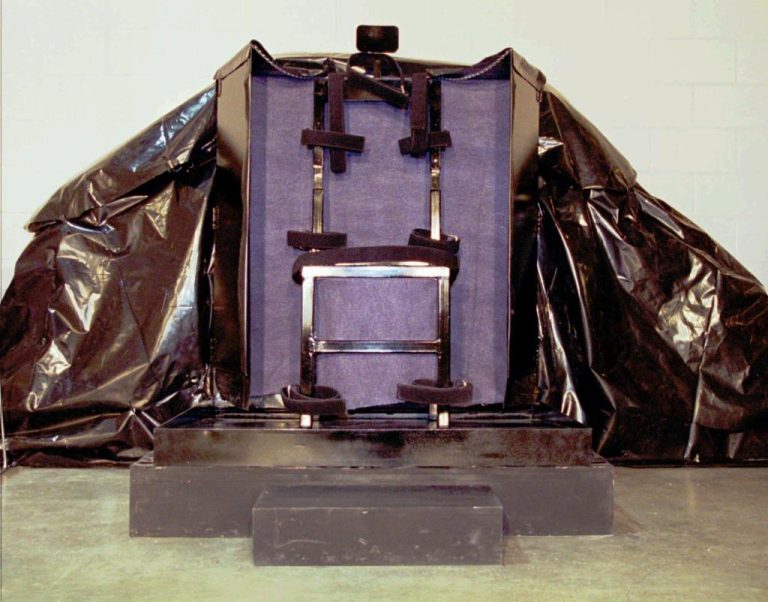

In Chula Vista, even when public records have been retrieved, reviewed, redacted and released, they almost never remain public.
That’s because Chula Vista officials do not publish the vast majority of documents that have been the subject of prior California Public Records Act requests on the city’s archive of released documents.
Instead, residents and other interested parties are required to submit new requests every time they want to see a record. The practice runs contrary to how many other cities process requests for access to internal records.
Chula Vista officials say they are committed to transparency and respond quickly and efficiently to every request for public documents.
But good-government groups say the city’s decision to withhold previously requested material on the city public-records archive undermines the intent of the California Public Records Act — and creates unnecessary work for city employees.
“Many cities have recognized that it really is to everyone’s benefit to post all of the responses,” said David Loy, the legal director of the First Amendment Coalition, a nonprofit that advocates for transparency in government.
Loy said among local governments, the city of San Diego does a good job of archiving thousands of records requests on its system.
“That way, potentially, one does not have to reinvent the wheel in requesting records,” he said. “And so the press and public have a complete window into what’s being requested and produced.”
The Chula Vista city website includes links to what’s called a public records archive. But the page lists only a handful of responses to Public Records Act requests, with the oldest dating back to 2020.
In a statement, the city said it “prioritizes transparency with public records” and that the clerk’s office posts documents that have been “requested repeatedly” or other records they expect to be sought again.
“These records are posted to save the time of members of the public,” the statement said. “PRA responses themselves are also public records, and so can be requested.”
Last week, the city had nine requests and document sets posted on the archive page.
Chula Vista officials acknowledged that they received an average of 180 requests per month in 2023 — about half of which went to the City Clerk’s Office and half to the Police Department.
“The number of PRAs that we receive has significantly increased in recent years,” city spokesperson Michele Clock said by email.
The city of San Diego has more than 33,000 records requests available for review on its records-management archive, and typically receives 600 or more document requests each month.
San Diego‘s records database is searchable and accessible to thousands of users who routinely hunt for contract information, police reports, permit data and a host of other material.
Some of the records posted on the Chula Vista archive appear somewhat obscure.
The most recently uploaded data includes scoring sheets related to the winning bidder in a public-finance consulting contract, unresolved building and fire code violations and a site plan and other records related to an apartment building at Otay Ranch.
Chula Vista released bid proposals related to its police drone surveillance program — three vendors responded to a 2020 request for proposals — but the City Council continues to litigate a public records request for actual footage of the so-called uncrewed aerial systems.
The city was sued after rejecting a request for drone videos filed by Arturo Castañares, a Chula Vista resident and publisher of the online news organization La Prensa San Diego.
Superior Court Judge Timothy Taylor agreed last April with the city’s argument that the footage was “categorically exempt” from disclosure, but the ruling was overturned late last year. The city in January asked the state Supreme Court to consider the case.
The San Diego Union-Tribune asked all five members of the Chula Vista City Council why the city does not regularly publish responses to California Public Records Act requests. None responded to a request to discuss their positions on the city’s practice.
Sean McMorris of California Common Cause, a Los Angeles-area nonprofit that advocates for good government and open records, said there are many reasons cities should post responses to public-records requests.
Activists, lawyers, business owners and everyday citizens can review the postings themselves without having to interrupt city employees by submitting a redundant request, he said.
“It also creates a record for the city in terms of litigation,” McMorris said. “It induces them to respond more thoroughly because the record is there.” In cases of lawsuits, “the city could use it to defend itself and vice-versa.”
But too often, McMorris said, government agencies choose to direct people into new requests.
“It’s an extremely important process that I think all governments in California need to take more seriously and invest more resources in,” he said. “It could be (Chula Vista) has chosen to focus its resources elsewhere, even though that’s one of the primary duties of a city clerk’s office — to process public records requests.”
Lawyers at Consumer Watchdog, another Los Angeles nonprofit advocacy group, also said the city of Chula Vista’s public records practices does not serve citizens or the government agency.
“There is absolutely no barrier — cost or otherwise — to posting every public records request along with the city’s response and the documents provided,” said Jerry Flanagan, the Consumer Watchdog litigation director.
“If the city (of Chula Vista) truly ‘prioritizes transparency’ they would post all requested records — not cherry-pick the nine they deemed worthy to share,” he said. “Online storage costs are just pennies a gigabyte.”
Flanagan singled out NextRequest as a good option for public agencies that want to make documents easily searchable and retrievable.
He also credited the city of Los Angeles, which operates its own system.
Of the nine requests posed on the Chula Vista records archive as of last week, one was from this year, five were from last year and there was one each from 2022, 2021 and 2020.





